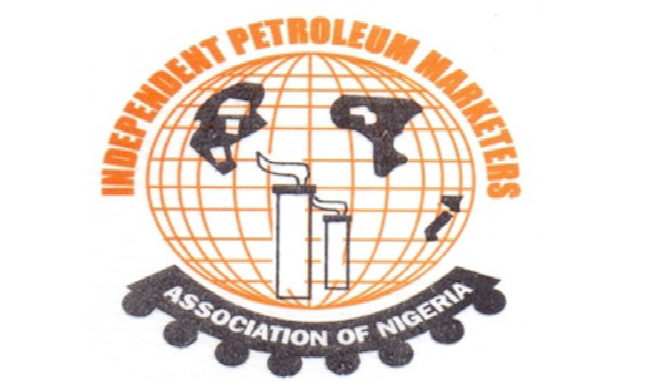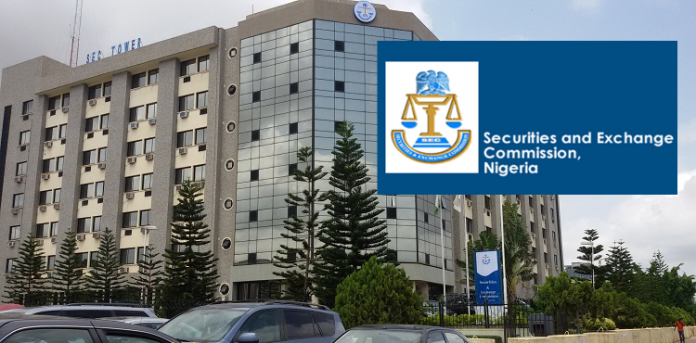By Ade Oluwadara
In a major environmental and economic breakthrough, the Nigerian National Petroleum Company Limited (NNPCL) has successfully reduced gas flaring by 96% at the Anyala (OML 83) and Madu (OML 85) fields, a joint venture with First Exploration & Petroleum Development Company Limited (First E&P). This milestone, announced by NNPCL’s Chief Corporate Communications Officer, Olufemi O. Soneye, marks a significant step toward reducing Nigeria’s carbon emissions and aligning with global climate goals.
At the helm of this transformation is Mele Kyari, the Group Chief Executive Officer (GCEO) of NNPCL, whose leadership has been instrumental in driving energy sustainability, economic reforms, and transparency in Nigeria’s oil and gas industry. Under his stewardship, NNPCL has recorded several achievements that are reshaping the country’s energy landscape.The gas flaring reduction, has significant economic and environmental benefits.
Gas flaring has been a longstanding environmental issue in Nigeria’s oil and gas industry, contributing significantly to greenhouse gas emissions, climate change, and air pollution. For decades, the practice of burning off excess natural gas has wasted valuable resources and caused severe health risks to communities living near oil-producing regions.
However, through the Associated Gas (AG) reinjection strategy, NNPCL and First E&P have successfully stored the gas that would have otherwise been flared. This reinjection process channels the excess gas into a designated underground storage reservoir at the Madu field (OML 85) offshore Bayelsa State, rather than releasing it into the atmosphere.
This innovative approach not only minimizes environmental damage but also allows for the efficient utilization of gas resources, paving the way for increased industrial usage, electricity generation, and economic benefits.
Melee Kyari-led NNPCL’s 96% reduction in gas flaring aligns with Nigeria’s commitment to cutting greenhouse gas emissions by 20% unconditionally and 47% conditionally under the Paris Agreement on Climate Change.
Additionally, the initiative complies with the regulatory framework of the Nigerian Upstream Petroleum Regulatory Commission (NUPRC), ensuring adherence to national environmental standards and global best practices.
Speaking on the achievement, NNPCL Group CEO, Mele Kyari, emphasized the importance of sustainable energy practices, said, “This milestone underscores our commitment to leveraging resources responsibly and optimizing production to meet energy needs and sustainability goals. It reflects our alignment with global environmental standards and best practices.”
Similarly, MD/CEO of First E&P, Ademola Adeyemi-Bero, stated, “By substantially reducing our carbon footprint, we are contributing to a sustainable energy future that benefits both the environment and the communities we serve.”
The 2024 Global Gas Flaring Tracker Report by the World Bank identified Nigeria as one of nine countries responsible for 75% of global gas flaring. The other major contributors include: Russia, United States, Iran, Iraq, Venezuela, Algeria, Libya and Mexico.
This group of countries collectively produces 46% of the world’s oil, and their gas flaring practices remain a significant environmental concern.
However, Nigeria’s bold steps in tackling gas flaring under Mele Kyari’s leadership signal a major shift toward sustainability and global leadership in responsible energy production.
Beyond the 96% reduction in gas flaring, Mele Kyari has led several transformational initiatives that have reshaped NNPCL and Nigeria’s energy sector.
One of the most groundbreaking reforms under Mele Kyari was the transition of NNPCL from a government corporation to a fully commercial entity in July 2022, in line with the Petroleum Industry Act (PIA).
This move ended decades of government interference, allowing NNPCL to operate as a profit-driven company, making independent investment decisions while ensuring transparency and accountability in the oil sector.
Under Kyari’s leadership, NNPCL successfully increased Nigeria’s oil production capacity, reversing a declining trend caused by pipeline vandalism and oil theft.
Through strategic collaborations with security agencies and private stakeholders, Kyari led initiatives that curbed oil theft, restoring production levels and boosting Nigeria’s revenue from crude oil exports.
In December 2023, Kyari oversaw the historic crude oil supply deal between NNPCL and the Dangote Refinery, Africa’s largest oil refinery.
This agreement ensures that Nigeria’s crude oil is processed domestically, reducing dependence on imported petroleum products and strengthening the country’s energy security.
In addition to these giant strides, Kyari has also been at the forefront of Nigeria’s ‘Decade of Gas’ initiative, a strategic plan to promote gas as the country’s transition fuel toward a cleaner energy future.
Under this program, NNPCL, among other laudable things, expanded gas pipeline networks to increase gas supply for power generation and industrial use, Promoted autogas conversion for vehicles to reduce reliance on petrol and diesel and also strengthened Nigeria’s gas export potential through the Nigeria-Morocco Gas Pipeline Project.
Through transparent policies and commercial reforms, Kyari has made Nigeria’s oil and gas sector more attractive to international investors. In 2023, NNPCL signed multiple agreements with global energy giants, including:Aramco (Saudi Arabia), ExxonMobil, Shell and TotalEnergies.
These partnerships have positively impacted oil exploration, increased refining capacity, and enhanced Nigeria’s position in the global energy market.
It its imperative to stress that the ongoing transformation of NNPCL under Kyari’s leadership has led to an increased government revenue from oil exports and domestic refining, Job creation in the energy sector through infrastructure development.Improved power generation capacity through expanded gas supply, and stronger environmental compliance, aligning with global sustainability goals.
The 96% reduction in gas flaring at the Anyala and Madu fields is a landmark achievement in Nigeria’s journey toward energy sustainability. Under Mele Kyari’s leadership, NNPCL has demonstrated unprecedented commitment to reducing emissions, optimizing production, and ensuring energy security.
Beyond this, Kyari’s bold reforms, including NNPCL’s commercialization, expansion of gas infrastructure, crude oil recovery, and foreign investment drive, have positioned Nigeria as a leader in Africa’s energy transition.
As the country continues to navigate its oil and gas future, these achievements will play a pivotal role in shaping its economic prosperity, environmental sustainability, and global competitiveness.
• Oluwadara writes from Lagos State




 6 days ago
31
6 days ago
31







 English (US) ·
English (US) ·